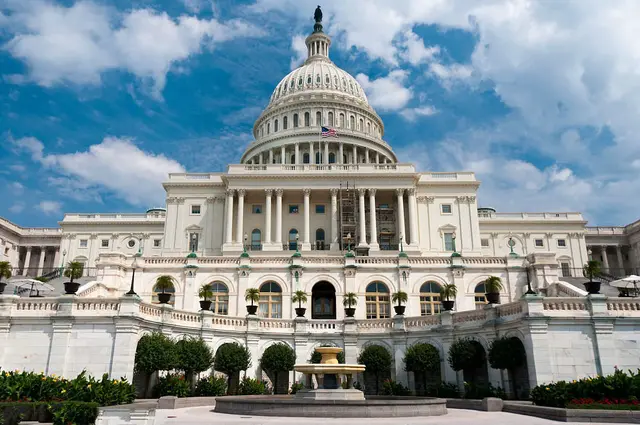The new Afghan Taliban chief, Mullah Akhtar Mansoor, has not closed the option of the fragile peace talks in his first audio message the group released to the media at the weekend.
Mansoor, 48, who has been chosen to replace Mullah Omar, in a 33-minute audio message mentioned that the Taliban will use" military and political options" to achieve their goals.
The Taliban's new leader also pointed out that the "Taliban political commission will work" along with other commissions that keeps hope alive for the revival of the suspended talks between the Afghan government and the insurgent group. The new Taliban leader was, however, quick to add that everything will be in "line with the Islamic Sharia".
It was widely believed that it was Mansoor who had sent the top three Taliban leaders to sit in face-to-face discussions with the representatives of the Afghan government in Pakistan on July 7. That was the first ever direct contact between the insurgent group and the Kabul administration in 14 years.
Taliban sources admit that there is a strong lobby within the movement to pursue the process of negotiations. Pakistan and Afghan governments had stated that the peace talks were started with the approval of the Taliban's powerful leadership council. Mansoor was leading the council until he was formally appointed as the new supreme Leader last week.
Some Afghan leaders who are familiar with Mansoor insist that he is a moderate and pro-peace personality and hence the dialogue process could move forward.
Mullah Shehzada Shahid, spokesman for the High Peace Council, told Xinhua he believes the Taliban's new chief is pro- negotiations and peace.
"I am confident that under Mullah Akhtar Mansoor's leadership, the peace talks will gain momentum and there would be a strong possibility of positive and logical results," the spokesman told Xinhua from Kabul by phone.
Haji Deen Muhammad, who led the Afghan government team in the first round of talks with the Taliban, said Kabul wants to convert the talks into a formal dialogue process.
Deen Muhammad, who has served as governors of Kabul and Nangarhar provinces, is satisfied about the outcome of the first round. Talking to Xinhua by the phone he also praised the enhanced role of China in the Afghan peace process.
Pakistan hosted the first round of talks that were attended by China and the United States as observers, according to a Foreign Ministry statement issued after the talks held in the scenic city of Murree, near the Pakistani capital.
The second round, which was scheduled to be held on July 31, was postponed by the request from the Taliban following the conformation of the death of Mullah Omar, according to Pakistan Foreign Ministry spokesman Qazi Khalilullah.
A Taliban official has disclosed to Xinhua that a six-member Taliban team had even arrived in Islamabad on July 30 for the second round. However, Mullah Omar's death reports overshadowed the negotiations.
As Pakistan has committed to pushing the Afghan peace process forward, it must now contend with bringing the peace process back on track following the death of Mullah Omar.
The talks could be delayed for some time more as the Taliban is busy in organizational matters to address some internal problems, political watchers say.
Sections of the Pakistani and Afghan media suggest that several leaders had opposed the election of Mullah Akhat Mansoor. However, the Taliban officials said that the majority of the Leadership Council members and religious scholars had elected Mansoor as the new leader.
Mansoor in his audio message also vowed to remove all differences and misunderstanding of his opponents within the Taliban movement.
 简体中文
简体中文

